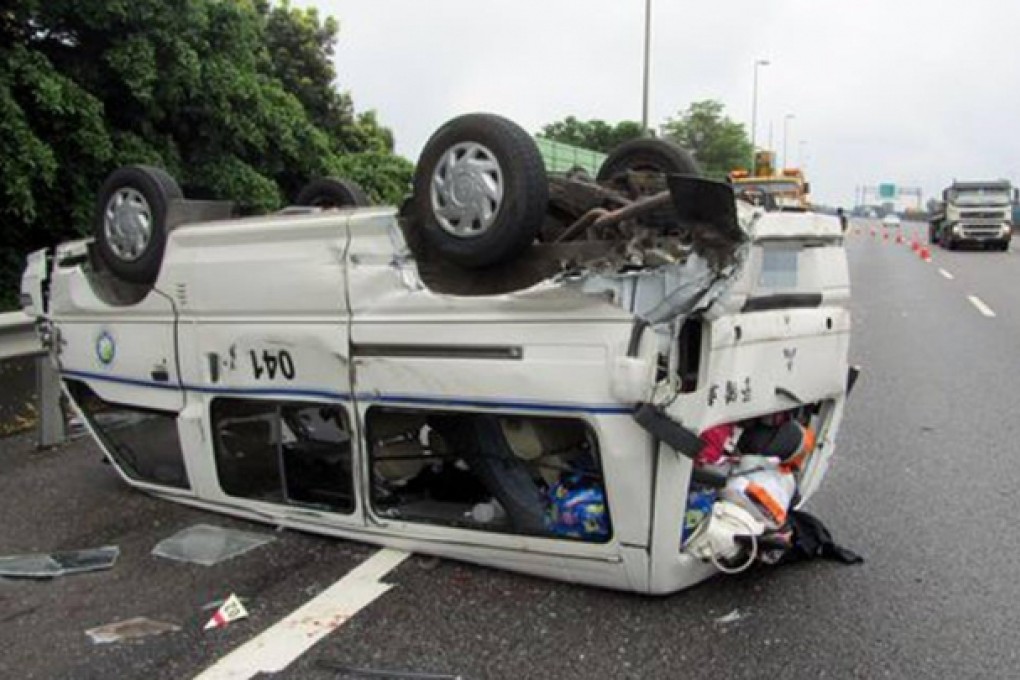Tough new laws in Taiwan to curb drink-driving
A motorist who has three cans of beer could be jailed for two years; 10 years if causing a death

A Taiwanese driver who drinks three cans of beer and then gets behind the wheel could face two years behind bars, as well as a fine of up to NT$200,000 (HK$51,300), following the introduction of one of Asia's toughest drink-driving laws.

Tougher drink-driving laws in revisions to the island's Criminal Code, which came into effect on June 13 after being passed by the legislature on May 31, say motorists could be jailed for up to two years if breathalyser tests show they have a breath-alcohol content of 25 micrograms per 100 millilitres or higher, or a blood-alcohol reading 0.05 per cent or above.
That amounts to three cans of regular, 5-per-cent alcohol beer or a third of a bottle of red wine with an alcohol concentration of 12 per cent.
Those caught with a breath-alcohol content of between 15 and 24mcg/100ml would be fined up to NT$25,500, transport officials said, with only those who blow less than 15mcg/100ml able to walk free.
Motorists refusing to take breathalyser tests would be forced to take a blood test and be fined NT$90,000. If such a test showed a blood-alcohol content of more than 0.05 per cent, they would be charged and penalised.